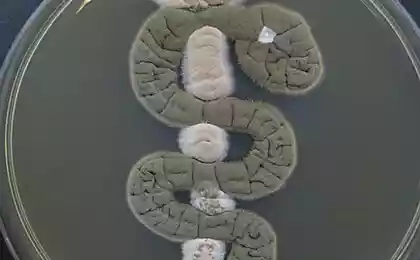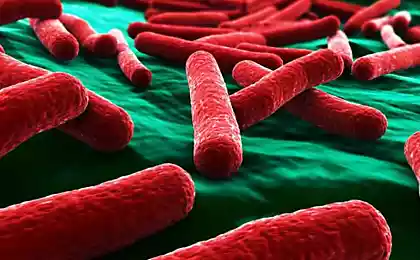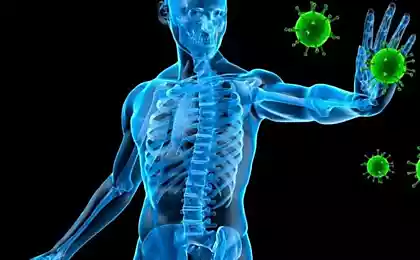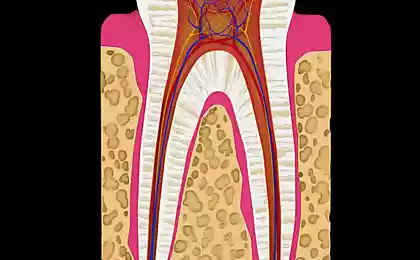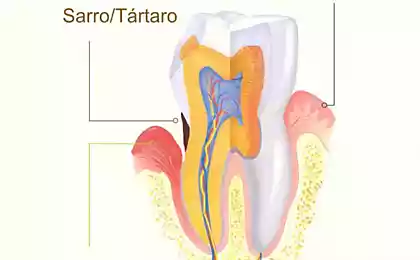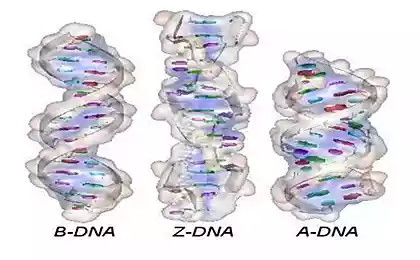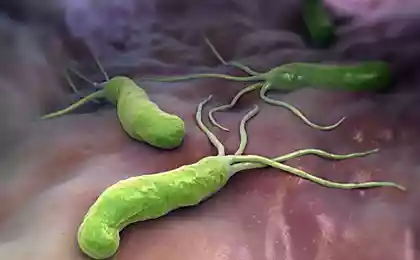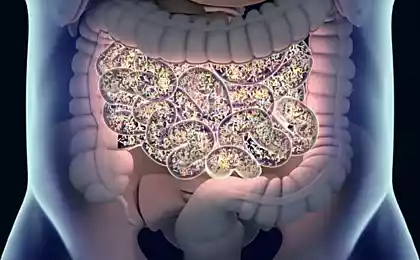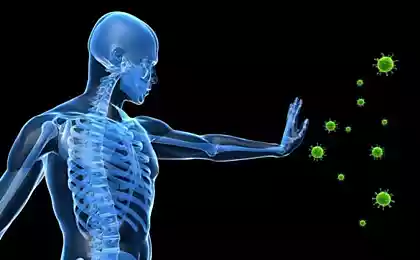410
Not all bacteria are equally harmful
After analyzing the wound microflora, it is possible to make a prediction concerning the speed of healing of chronic wounds and to adjust treatment.
No matter how set us is hygiene to fight bacteria in fact, without microorganisms is not necessary. The average healthy person has about 1 kg of microorganisms in the gastrointestinal tract and about the same on the surface of the body. No matter how much we washed hands and brushed my teeth, our little friends – non-pathogenic micro-organisms will prevail. Although some bacteria cause disease, many bacteria are beneficial to our health.
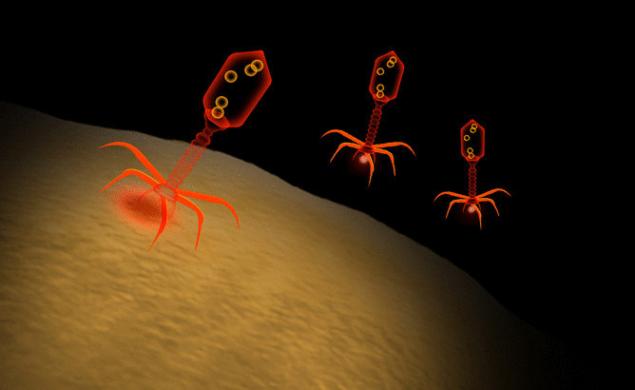
The University of Manchester under the direction of Dr. Matthew Hardman conducted a study of the influence of skin bacteria on the healing of chronic wounds in the elderly.
Chronic is considered a secondary healing wound that despite adequate therapy does not show the tendency to heal within 8 weeks. It's not just about injuries received as a result of injuries, but the ulcers, the consequences of diabetes. According to statistics, one in twenty older people with injuries. Despite all the advances of modern medicine, there is still no successful method for the treatment of such injuries. Doctors can't predict how it will develop in the process of healing – if the wound bleeds or become inflamed.
The scientists decided to pay attention to the bacteria that inhabited our skin. Very often those ailments that we experience, is actually associated with microbial imbalance. Most often it is manifested in the intestinal tract or on the skin. Hardman and his colleagues compared the skin microflora of healthy people and people with chronic wounds and found many differences.
Scientists assume that every wound may be a kind of bacterial "signature", which you can tell if it will become chronic, or the healing process will not take long. Based on these data, can be assigned appropriate to the patient treatment, to choose suitable antibiotics that will only work on the pathogenic flora. "This study has allowed us to learn more about the types of bacteria that inhabit the human skin, how they interact with the human body and how they can affect the healing process", – commented the results of Dr. Hardman.
In experiments on mice, scientists have shown that there may be genetic factors that determine the composition of the skin microflora. It is known that the gene associated with Crohn's disease, also affects the body's immune response. Animals who have inaktivirovanie this gene, the wounds heal longer than their normal counterparts.
The results of the study were presented by Dr. Hardman at the conference on experimental medicine, which recently took place in San Diego (USA).
Source: nkj.ru
No matter how set us is hygiene to fight bacteria in fact, without microorganisms is not necessary. The average healthy person has about 1 kg of microorganisms in the gastrointestinal tract and about the same on the surface of the body. No matter how much we washed hands and brushed my teeth, our little friends – non-pathogenic micro-organisms will prevail. Although some bacteria cause disease, many bacteria are beneficial to our health.

The University of Manchester under the direction of Dr. Matthew Hardman conducted a study of the influence of skin bacteria on the healing of chronic wounds in the elderly.
Chronic is considered a secondary healing wound that despite adequate therapy does not show the tendency to heal within 8 weeks. It's not just about injuries received as a result of injuries, but the ulcers, the consequences of diabetes. According to statistics, one in twenty older people with injuries. Despite all the advances of modern medicine, there is still no successful method for the treatment of such injuries. Doctors can't predict how it will develop in the process of healing – if the wound bleeds or become inflamed.
The scientists decided to pay attention to the bacteria that inhabited our skin. Very often those ailments that we experience, is actually associated with microbial imbalance. Most often it is manifested in the intestinal tract or on the skin. Hardman and his colleagues compared the skin microflora of healthy people and people with chronic wounds and found many differences.
Scientists assume that every wound may be a kind of bacterial "signature", which you can tell if it will become chronic, or the healing process will not take long. Based on these data, can be assigned appropriate to the patient treatment, to choose suitable antibiotics that will only work on the pathogenic flora. "This study has allowed us to learn more about the types of bacteria that inhabit the human skin, how they interact with the human body and how they can affect the healing process", – commented the results of Dr. Hardman.
In experiments on mice, scientists have shown that there may be genetic factors that determine the composition of the skin microflora. It is known that the gene associated with Crohn's disease, also affects the body's immune response. Animals who have inaktivirovanie this gene, the wounds heal longer than their normal counterparts.
The results of the study were presented by Dr. Hardman at the conference on experimental medicine, which recently took place in San Diego (USA).
Source: nkj.ru
